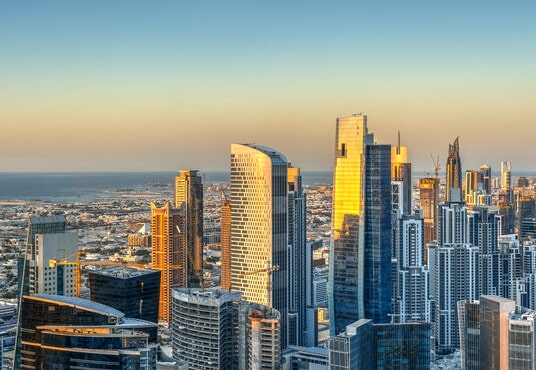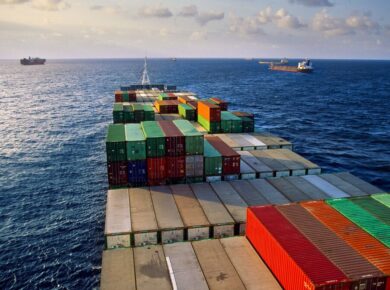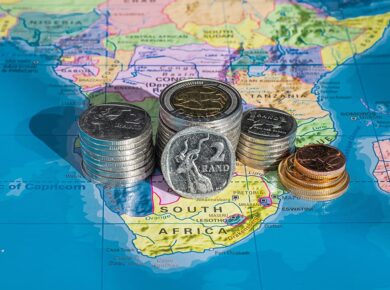According to S&P Global, the non-oil business conditions in Dubai showed a recovery in March.
Dubai’s non-oil businesses showed signs of recovery in March, according to S&P Global, indicating that the economy of the emirate is beginning to bounce back from the economic effects of the pandemic.
The Dubai non-oil private sector purchasing managers’ index (PMI), which measures the economic health of the city’s non-oil private sector, increased from 49.6 in February to 52.6 in March. The reading is the highest recorded in the last year and shows the first expansion in Dubai’s non-oil private sector since November 2020.
The PMI is a measure of the economic performance of the private sector, based on factors such as output, new orders, employment, and prices. Any reading above 50 signifies growth in the sector, while a reading below 50 represents contraction.
The recovery of Dubai’s non-oil private sector is welcome news for the emirate, which has been hit hard by the pandemic. The city’s economy relies heavily on the non-oil sector, which accounts for around 90% of Dubai’s gross domestic product (GDP). The collapse in demand for goods and services due to the pandemic has had a severe impact on the sector, leading to widespread job losses and business closures.
However, the latest PMI data suggests that the worst may be over for Dubai’s non-oil businesses. The rise in the PMI is attributed to a significant increase in new orders, with the sub-index for new business reaching 54.6 in March, up from 47.7 in February. This suggests that businesses are seeing a recovery in demand for their products and services.
Another positive development is the rise in the employment sub-index, which indicates that businesses are hiring again. The sub-index for employment increased to 50.4 in March, up from 49.9 in February, indicating that the job market is stabilizing.
The recovery in Dubai’s non-oil sector can be attributed to a number of factors, including the government’s efforts to support businesses and boost economic activity. The government has introduced a range of measures to mitigate the impact of the pandemic, including stimulus packages, loan guarantees, and fee waivers.
The Dubai government has also been investing heavily in infrastructure and technology, with a focus on developing the city’s digital economy. The Dubai Future Foundation, for example, has launched a range of initiatives aimed at promoting innovation and entrepreneurship in the city, while the Dubai Electricity and Water Authority (DEWA) is investing in the development of a smart grid to improve energy efficiency and reduce costs.
Commenting on the recovery in Dubai’s non-oil sector, Khurram Schehzad, Senior Economist at S&P Global, said: “The recovery in business activity is a welcome sign for the non-oil private sector in Dubai, which has struggled amid the pandemic. The growth in new orders and employment is particularly encouraging, and suggests that businesses are seeing an improvement in demand and are becoming more confident about the future.”
However, despite the positive developments, Schehzad cautioned that there are still challenges ahead for Dubai’s non-oil businesses. He noted that the sub-index for input costs had increased, indicating that businesses were facing higher costs for raw materials and other inputs. In addition, the sub-index for output prices had remained in contractionary territory, indicating that businesses were still facing pricing pressures.
“Overall, while the outlook for Dubai’s non-oil private sector is improving, there are still headwinds that could slow down the recovery,” Schehzad said. “The government will need to continue to support businesses and promote economic activity to ensure that the recovery is sustained.”
The recovery in Dubai’s non-oil sector is also good news for the wider UAE economy, which has been hit hard by the pandemic. The UAE government has taken swift and decisive measures to help protect and support people, businesses, and the economy. These include stimulus packages aimed at providing financial assistance and loan restructurings for companies in need of help. In addition, the country has implemented proactive policies to ensure that business activities can continue with minimal disruption.





